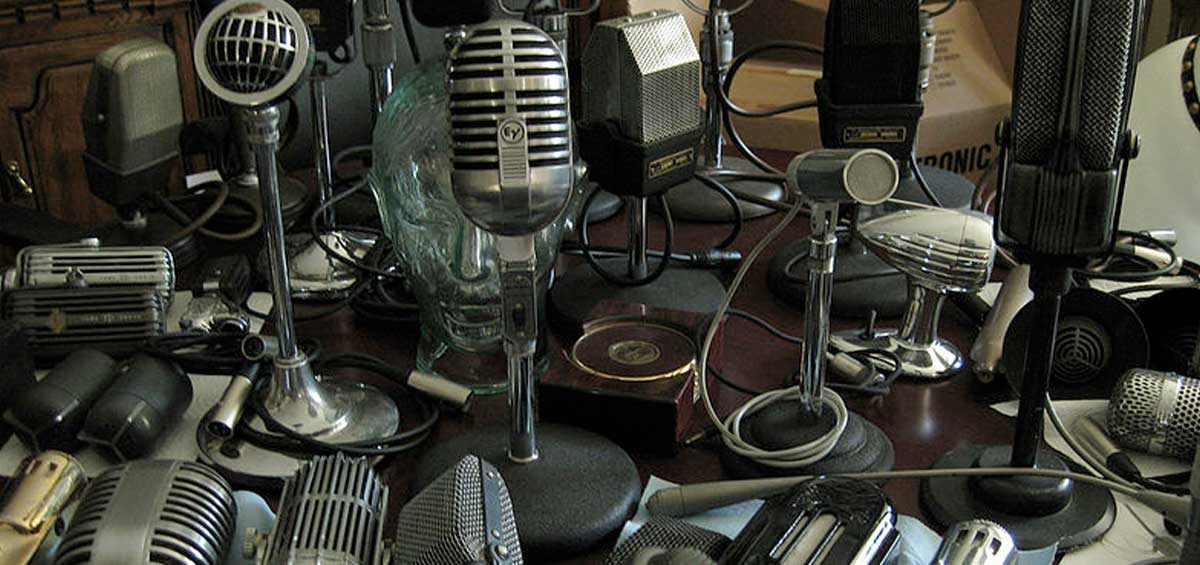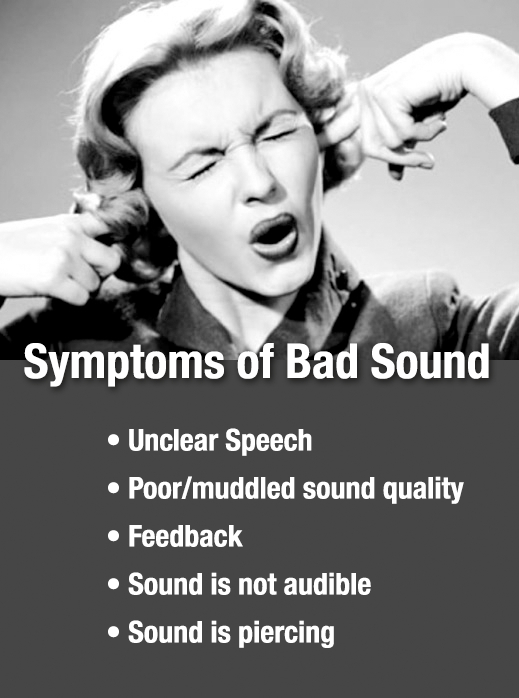 Capture the sound of your voice, especially the subtleties
Capture the sound of your voice, especially the subtleties
Sound engineers, producers, editors, and enthusiasts are constantly striving to find new and better ways of doing things. In their relentless and never ending pursuit of a better tone, they start by finding the best type of microphone to use when running live sound or doing conference setups.
The key to a good live performance always starts with capturing the natural vocal tone of the singer or speaker, blending in the resonance and reverberation of the performance space, giving the listener an amazing listening experience.
This mastery is achieved with a seasoned understanding of where in the EQ spectrum the vocals fall, identifying frequencies to shape the sound you’re looking for, understanding what role the instruments play, and knowing where each should be placed in the mix.
If you can’t get the sound you’re looking for, hire a professional sound engineer of your own and pay them to coordinate the equipment, backline, sound check, and mixing during the performance. You’ll be glad you did so.
When selecting a microphone, trust your ears
While it’s true that sound is subjective, the best advice is that the ideal microphone should be versatile in it’s able to capture low frequencies while keeping mid-to-high clear and distinct.
So when testing out microphones, if you like the way it sounds, then it’s the right mic for you. And as a general rule, features built into more expensive vocal microphones are designed to reduce the pop, breath, and handling noises you’re likely to experience with less expensive mics.
Dynamic Microphones
- Dynamic Microphones are the most common types of Vocal Microphones such as the Shure SM57 and the Shure SM58.
- The legendary Shure SM57 is exceptional for vocals. With its bright, clean sound and contoured frequency response, the SM57 is ideal for live sound reinforcement and recording.
- Tuned to accentuate the warmth and clarity of lead and back-up vocals, the SM58 is a legendary live vocal microphone known for its rugged reliability on tour.
Condenser Microphones
- Condenser microphones have always been the preferred type for studio recordings. Powerful and rich in detail, condenser microphones are the ideal choice when the vocals really have to cut through.
- The Sennheiser e945 lead vocal stage microphone is made for the working musician and the first choice for rental companies. It is specially designed to perform under pressure while exhibiting a naturally smooth response.
Getting your hands on the right equipment is priceless
Taylor Productions has a variety of top of the line new and used equipment, and personnel who have a great understanding of all the gear and are there to guide you through the basics and through troubleshooting.
If you are considering purchasing or renting vocal equipment, call Taylor Productions today.
 Having a reliable audio system, staging and backline gear for waterside concerts, festivals, and parties comes with special concerns when the elements threaten to get involved. Outdoor festivals and events around Lower Manhattan and New Jersey may be subjected to unpredictable rain, hail, and high winds that could be disastrous to your equipment. Outdoors shows exposed to the weather are not a big deal if you are prepared. The threat of inclement weather paired with a unique venue may require you to put just as much energy into protecting your sound gear as you did in staging it.
Having a reliable audio system, staging and backline gear for waterside concerts, festivals, and parties comes with special concerns when the elements threaten to get involved. Outdoor festivals and events around Lower Manhattan and New Jersey may be subjected to unpredictable rain, hail, and high winds that could be disastrous to your equipment. Outdoors shows exposed to the weather are not a big deal if you are prepared. The threat of inclement weather paired with a unique venue may require you to put just as much energy into protecting your sound gear as you did in staging it. Questions to Consider Before You Buy Audio Equipment
Questions to Consider Before You Buy Audio Equipment

